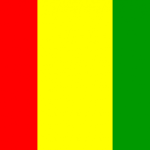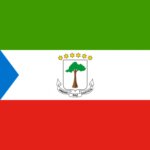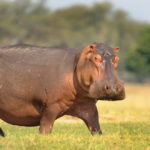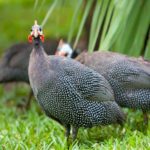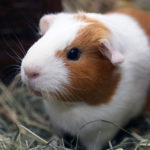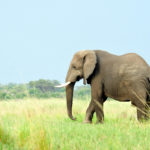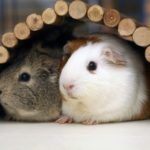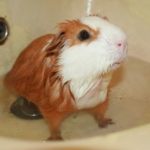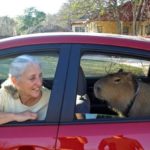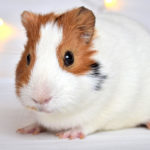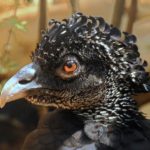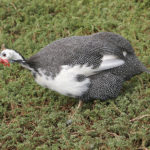15 interesting facts about Guinea-Bissau
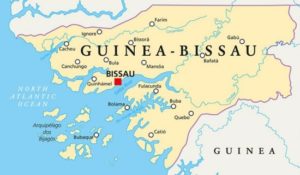 The country with the exotic name Guinea-Bissau in Africa is hardly known to most travelers. Despite the quite fertile land by African standards, this state is among the poorest in the world. In addition, Guinea-Bissau for many years was ruined by invaders who massively enslaved the local population and exported slaves to their colonies in the Americas.
The country with the exotic name Guinea-Bissau in Africa is hardly known to most travelers. Despite the quite fertile land by African standards, this state is among the poorest in the world. In addition, Guinea-Bissau for many years was ruined by invaders who massively enslaved the local population and exported slaves to their colonies in the Americas.
One of the reasons why tourists hardly come here is the closed nature of this country. A foreigner who wants to visit Guinea-Bissau needs to receive a special invitation, which for obvious reasons is not so simple.
Along the border of Guinea-Bissau and neighboring Senegal, a tribe called Flype lives. Most of its representatives still lead an almost primitive lifestyle. Flupe also still has cannibalism.
The official language of this country is Portuguese, since once these lands were colonized by Portugal. At the same time, mainly local dialects are used here, and few speak the official language.
The population of all Guinea-Bissau is approximately equal to the population of Novosibirsk.
The capital of the country is the city of Bissau, which grew up around a Portuguese fortress. More than 30% of all residents will live here.
Laws in Guinea-Bissau do not prohibit eating human beings, while prohibiting the use of crocodile meat.
There are no cinemas in Guinea-Bissau.
The average salary of a working person, for example, a loader or a seller, in this country does not reach 50 US dollars per month. However, from the rare tourists who nevertheless climb here, they tear three skins. For a room in a more or less tolerable and safe hotel, they can request 150 dollars.
In all of Guinea-Bissau, there is not a single power plant; electricity is generated only by generators operating on expensive diesel fuel or gasoline. Therefore, most people here live without electricity at all.
Guinea-Bissau has more rivers than most other African countries.
In rural areas, the custom of burial of the dead right in the houses where they lived is still practiced. Since the role of the floor in huts is usually played by simply trampled ground, the dead are buried right there.
The first contact of Europeans with the inhabitants of local coasts was unsuccessful. Researchers were attacked by aborigines and suffered losses. As a result, for the next two decades, travelers were afraid to land in these parts.
More than 50% of the total population of Guinea-Bissau is not even trained in basic literacy.
In 2012, a coup d’état took place here, as a result of which the military came to power. And the reason was the discontent of the army, which did not pay wages for a full eight months.
In traditional Guinean-Bissau families, parents still choose their spouses for their children, especially not being interested in the opinions of the latter.
